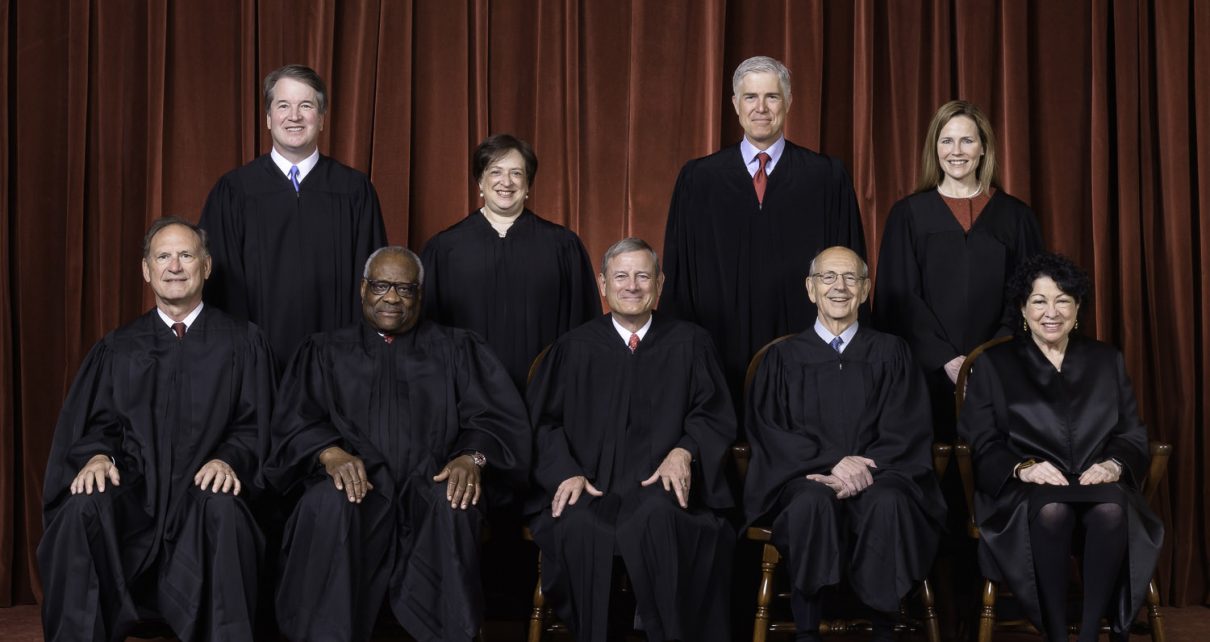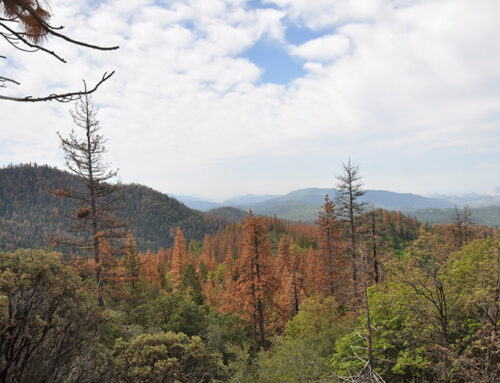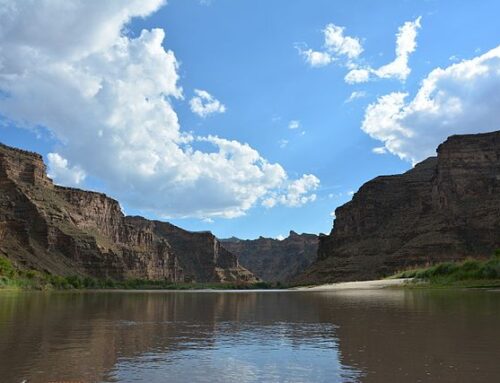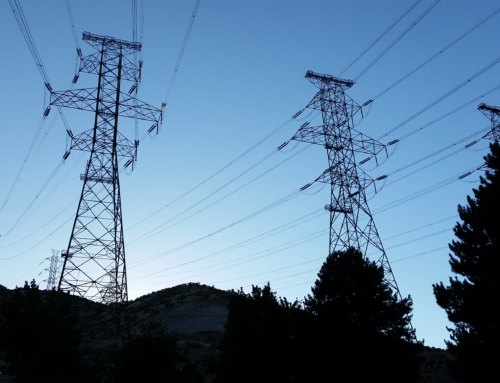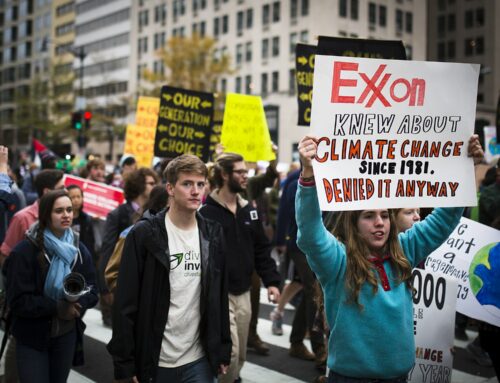by Greg Walcher, E&E Legal Senior Policy Fellow
As appearing in the Daily Sentinel
The headline read, “Supreme Court Reins in EPA on Clean Power Plan.” On the last day of its recent session, the court released its long-anticipated ruling in West Virginia vs. EPA, four consolidated cases representing 19 states, numerous labor unions, utilities, rural electrics, manufacturers, business groups and others. The court finally settled the decade-old debate, definitively affirming that EPA has no authority to decide whether Americans get their electricity from coal, oil, wind, solar or fairy dust.
When I read the court’s ruling, written by Chief Justice John Roberts, I couldn’t help wondering if the Justices sometimes read The Daily Sentinel (they should). On Feb. 12, 2016, we published an opinion, in this space, about the court’s consideration then of the first version of the “clean power plan.” That 2016 column contained, almost verbatim, the same arguments Roberts used in this case, six years later. We described the proposed regulatory scheme as a plan “to totally transform America’s energy industry in ways Congress never authorized,” exactly the conclusion of the recent ruling.
As I wrote in 2016, “That would give EPA power to regulate a significant portion of the American economy — which Congress never authorized.” I didn’t know the legal term the court uses, called the “major questions doctrine,” but it means the same thing. As Roberts puts it, “We also find it highly unlikely that Congress would leave to agency discretion the decision of how much coal-based generation there should be over the coming decades… A decision of such magnitude and consequence rests with Congress itself, or an agency acting pursuant to a clear delegation from that representative body.”

